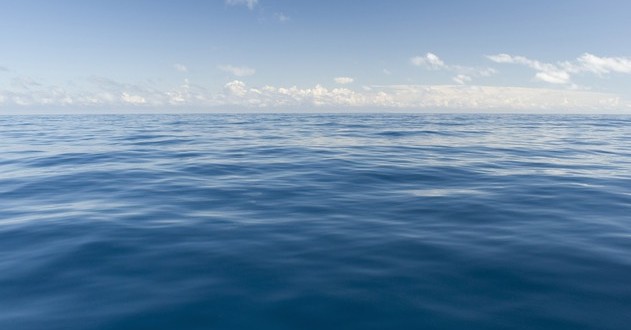It may be lurking in your diet soda, your chewing gum and even in your favourite yogurt. Now scientists have found artificial sweeteners are also coming out of your faucet.
Scientists from the University of Waterloo and Environment Canada found that Ontario’s Grand River is carrying the equivalent of 81,000 to 190,000 cans of artificially sweetened soda each day. The river empties into Lake Erie, one of the Great Lakes, Canadian media reported.
It means that up to 72 metric tonnes (160,000 pounds) of sweetener are pouring into the lake. Because the sweeteners — used in products like diet soda, chewing gum, yogurt and as sugar replacements in tea and coffee to avoid weight gain — cannot be broken down by the human body, the artificial sweeteners pass right through. They cannot be broken down by wastewater treatment plants either, meaning the undiluted sweeteners enter the water supply used as drinking water for humans and animals.
In effect, most of the sweeteners pass into oceans, lakes and rivers in the same unchanged complex chemical form.
The Canadian study tested for sucralose cyclamate, saccharin and acesulfame and found three types of the sweetener coming out of faucets in the Ontario city of Brantford, CTV News reported.
While the Canadian study concluded that the effects are largely unknown, a professor of biochemistry at Mercyhurst University in Erie, Pennsylvania, had a warning about the situation.
Amy Parente and her students found the sweetener made animals believe there was nutrition in the water, curtailing their need for other food and reducing the caloric intake needed to be healthy and reproduce.
“When people think about small animals and small organisms, they tend not be concerned,” Parente said.
John Spoelstra of Environment Canada said scientists have had less than 10 years to study the effects of the sweeteners on aquatic life, since studies on the concentration levels came out only a few years ago. But he added that scientists are now doing research around the world.
World Oceans Day originated as a result of Canada proposing its designation during the Reach Summit in Rio de Janeiro in 1992. It was officially established by the United Nations in 2009.
“On June 8, World Oceans Day is celebrated across the globe to recognize the importance of the world’s oceans and the efforts to improve our oceans’ health,” the Canadian minister of oceans and fisheries said in a statement.
Agencies/Canadajournal
 Canada Journal – News of the World Articles and videos to bring you the biggest Canadian news stories from across the country every day
Canada Journal – News of the World Articles and videos to bring you the biggest Canadian news stories from across the country every day




Those sweeteners taste nothing like sugar to me, just chemicals. Never understoood what people like about them.
I had no idea that sweeteners weren’t absorbed in the body and come out in much the same form. I’ll be seriously reconsidering my use of sweeteners. Now that a few years have passed, maybe there’s better research out there as to benefits of sweetener vs. sugar (as a diabetic, I wanted a substitute for sugar).